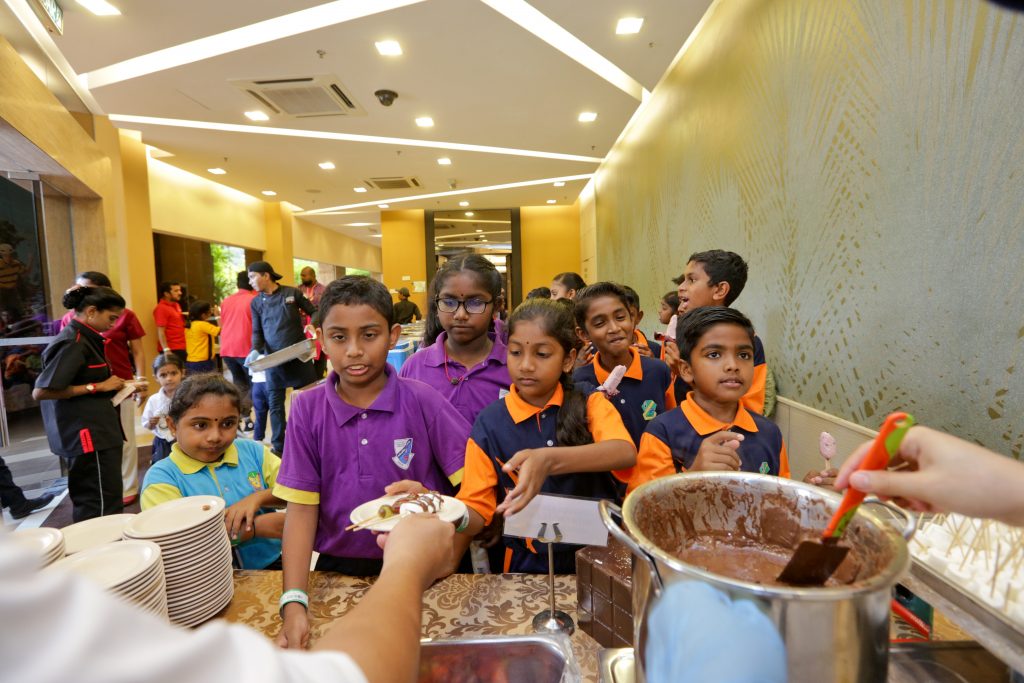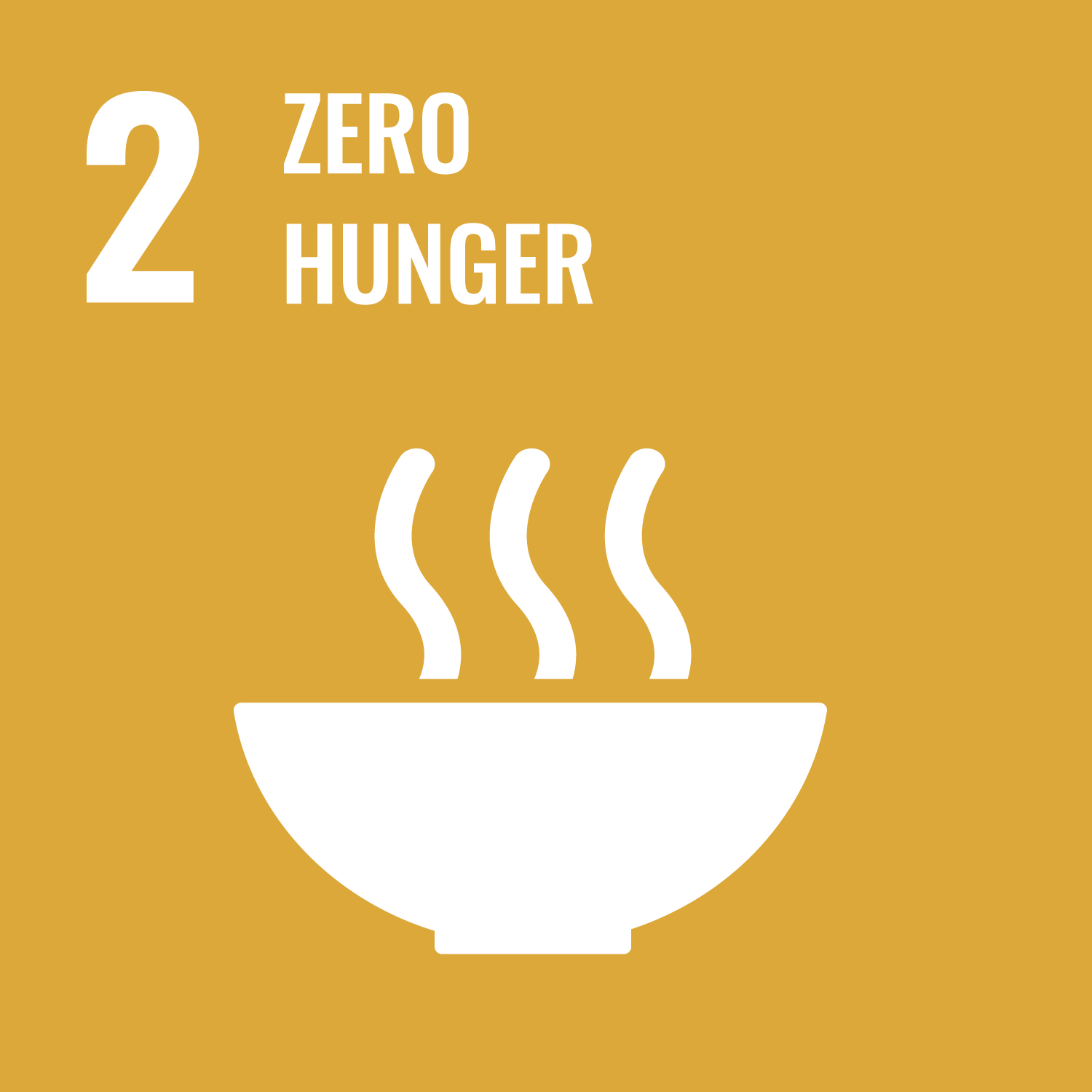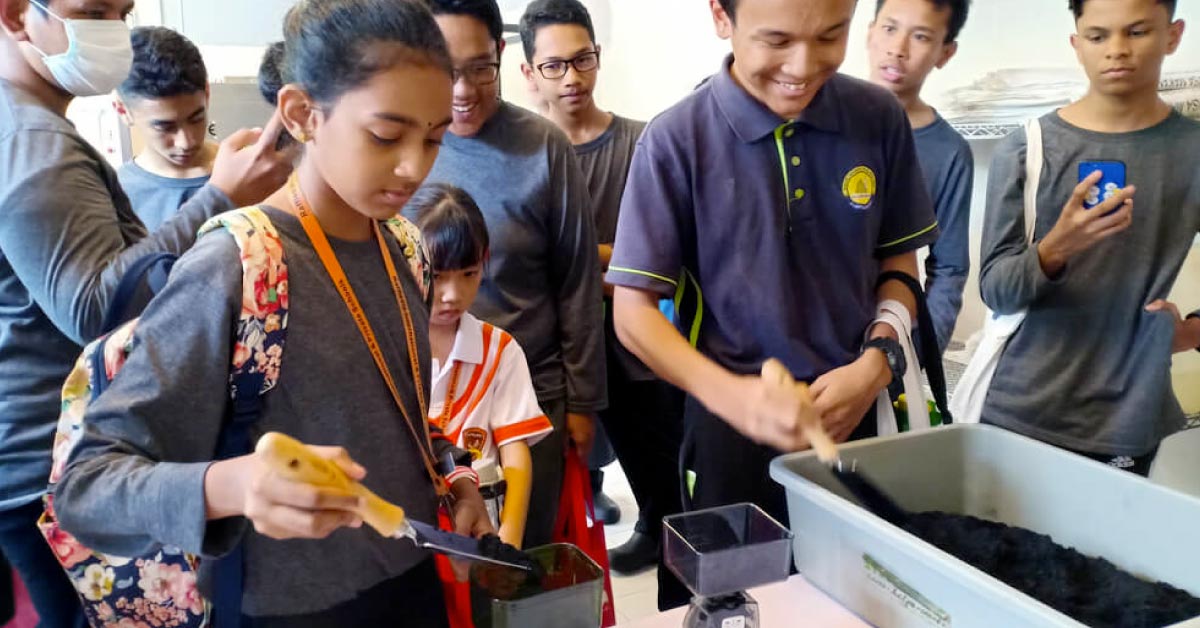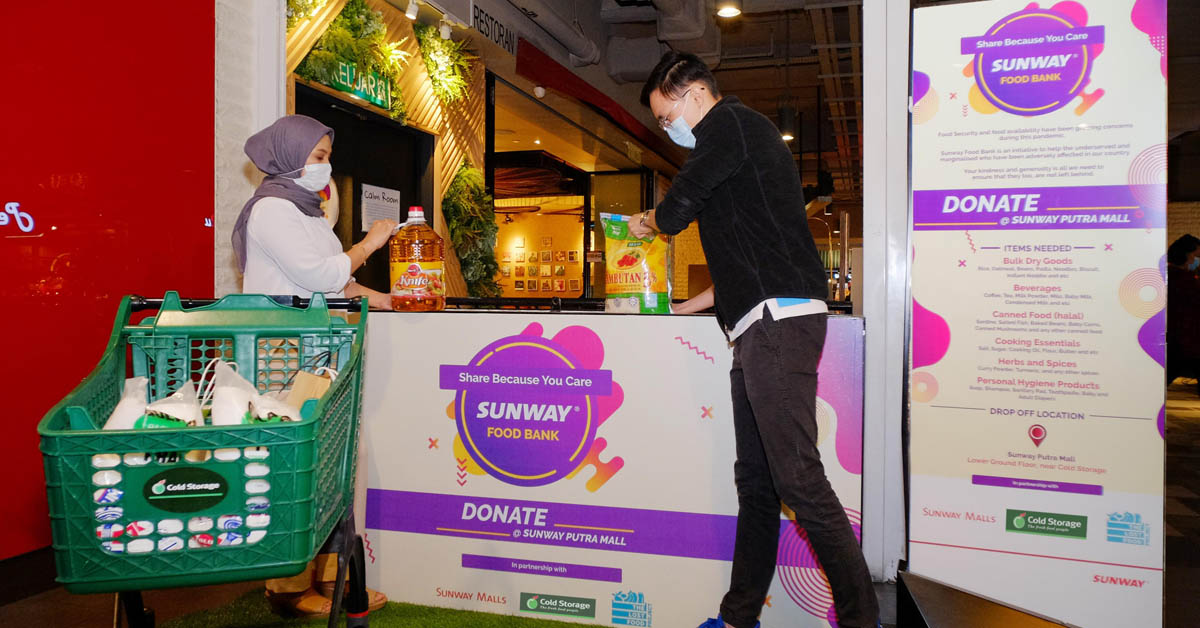How Food Security Impacts Rural and Urban Students
-
Food security is achieved when people have access to various choices of affordable quality and nutritious food.
For students, the level of food security varies based on several factors such as demographics (urban vs rural areas) to the types of academic institutions, namely government or private and international schools.
Students in most private and international schools are food secure, meeting all of their basic food needs and daily calorie intake requirements. Same is the case for most public schools in urban areas. But it is still important to acknowledge that students living in ‘urban poverty’ may struggle with food security. Students living in rural areas, on the other hand, are more likely to experience severe food insecurity.

Families in rural areas may struggle with food security because of their B40 status, with some only having a single breadwinner. These families may also lack awareness on the importance of food security.
The side effects are chilling – children who grow up poor without proper nourishment, may later develop impaired brain functions and an unstable digestive system. Other associated effects are obesity and lower academic performance, which may translate to mental health issues such as anxiety and depression. These negative effects may prolong into adulthood as many behavioural characteristics and health habits formed during childhood and adolescence carry forward into adulthood.
Schools play a crucial role in providing students with the proper nourishment, especially because food choices are restricted within the school premises during school hours. It is the onus of schools to ensure that students have access to affordable, nutritious food on school grounds. An alternative would be for them to bring their own packed food.

In an effort to overcome food insecurity, schools should cut down on their unhealthy food options. They can also consider subsidising food at canteens, running awareness programmes such as a Health Week, participating in government initiatives like giving out free milk cartons and educating students on the importance of healthy eating.
This article first appeared in Berita Sunway Issue 68






































